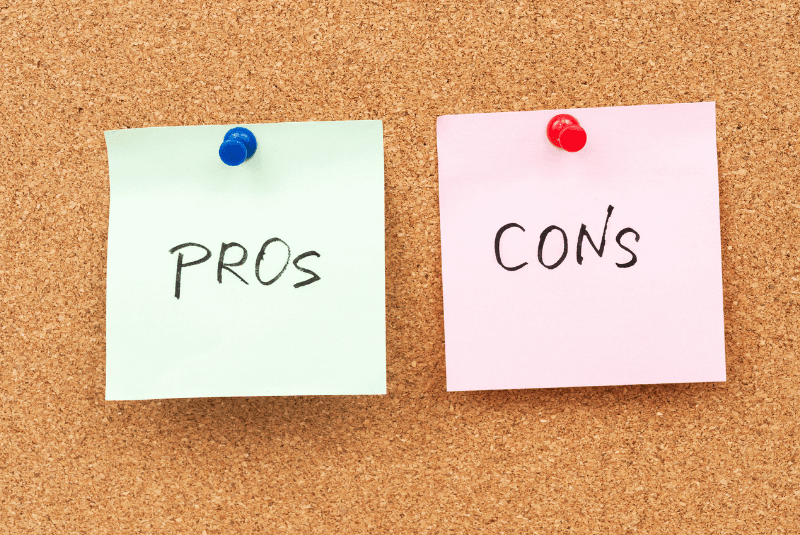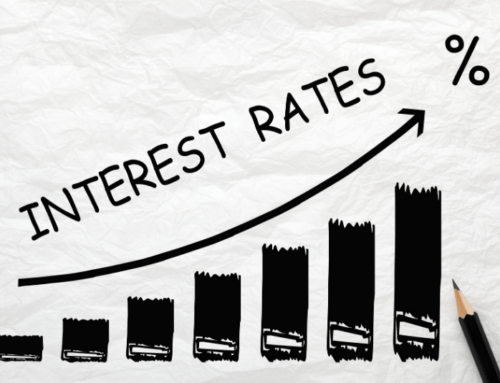You’ve seen the ads before. They say you can drive a new BMW, Lexus or Mercedes for $350 or $400 a month. The pros and cons of leasing are often debated, but what about when it comes to these deals? Is it too good to be true? This article will take a look at the Lease Advantages and Disadvantages of a car before we come to any conclusions.
What are the Lease Advantages and Disadvantages ?
The reality is that you can acquire a new vehicle with a monthly payment that is low if you lease. There are, however, conditions attached to the deal.
Leasing may be a viable alternative, but it is determined by your unique circumstances. If you’re unsure whether to lease a vehicle, it’s important to have a good understanding of both the leasing process and the advantages and disadvantages.
Here we’ll explore:
- What is the definition of leasing basics?
- What is a lease, and how does it work?
- The mileage component
- The benefits of leasing a new automobile
- The number of leasing cons is up to you.
- Who leasing is for (and who it isn’t)
- What Does Leasing Mean?
Leasing is comparable to a long-term rental. You won’t own the automobile, but you will be able to use it as you choose for a monthly payment.
A lease agreement is for a set length of time, usually 36 months. You return the vehicle at the end of the term and walk away. At the conclusion of a lease, you own nothing; in contrast, when you buy a car, you own it at the end of the loan period. You’ve probably paid less per month than if you bought a vehicle through traditional retail purchasing.
When you’re ready to start the lease or buy process for a vehicle, you still want to find out if there are any great deals on cars with your desired mileage range.
What is the process for leasing a new automobile?
Consider the fact that automobiles typically lose 40% – 60% of their value in the first three years? When you lease, you’re paying for this depreciation. You don’t pay for the remainder of the vehicle since you’ll return it to the dealership at the end of the lease term. This is why your monthly payment is lower than if you bought one.
Let’s look at a basic example. Assume you’ve chosen a smart coupe that costs $30,000. After three years, it will be worth $15,000. So all you have to do over the course of the lease is repay $15,000.
Of course, it is not that easy. The leasing firm is actually financing your use of the car, so you are paying interest on the depreciation charge. They’ll also include in a few more charges. In most states, the cost of leasing this $30,000 coupe is around $475 per month. In addition, sales tax is often due on the monthly bill in most states.
Making a down payment can help you keep the monthly fee low. If you put $3,000 down in our example, you’ll end up paying $12,000 over 36 months. You are looking at around $385 per month after interest is taken into account.
The mileage factor
When calculating what a lease vehicle will be worth at the end of the lease, the firm assumes a particular mileage (because mileage has a significant impact on value.) On average, they’ll compute this residual value at 12,000 miles each year.
If you drive fewer miles than anticipated, your automobile’s worth decreases. Companies charge a fee for each mile over the limit, typically around 25 cents per mile. However, if the vehicle has less than 36,000 miles on the odometer after three years, you will not receive a rebate. It may appear unjust, but it is simply how the system works.
The benefits of leasing a new vehicle
There are several benefits to leasing, but many will be determined by your unique circumstances. The main ones are:
New car leasing pros:
- Compare a new automobile with a lower monthly payment to financing.
- You can drive a more luxurious vehicle than you may otherwise be able to afford.
- Change your vehicle every three years to get the most up-to-date features, design, and technology.
- You’ll never have to worry about costly repairs and upkeep because your vehicle will always be covered by a warranty.
- You will pay fewer sales taxes since the monthly payment is exempt from sales tax.
- No need for a large down payment, as one may need for a loan.
- When you’re ready to replace your vehicle, selling it is a waste of time.
- There are several tax advantages for business owners. This is a specialized subject, so Consult your tax professional if it may apply to you.
Leasing cons
Why isn’t leasing being utilized by everyone? Leasing won’t benefit everyone. There are situations when leasing a vehicle may not be the best solution for you. There are a few reasons why leasing a car might not be right for you:
New car leasing cons:
- Overall, costs are higher. As a lessee, you shoulder the brunt of the depreciation and never achieve that ideal point after years where it becomes insignificant.
- Never build any equity. When the loan is paid off, the buyer who purchases a vehicle with cash has something of value. Leasing does not work that way.
- Mileage restrictions. You may be charged a high cost at the end of your lease term if your circumstances change and you’re driving more than anticipated.
- You can include a low-mileage “penalty” in your calculation. If you drive fewer than the agreed miles, you’re essentially paying above the market price for the car.
- Penalties for vehicle wear and tear. If you return the automobile in poor condition, you will be charged for expenses or the loss of residual value.
- The difficulty of terminating a lease is signed. It’s difficult and expensive, but it isn’t impossible to terminate a lease early.
- To obtain the greatest lease offers, you’ll need excellent credit.
- Because of the high depreciation, gap coverage is frequently required, just in case the vehicle is damaged and totaled.
Who leasing works for (and who it doesn’t)
The lease can be an alternative if you want to drive a newer car, have excellent credit, and don’t plan to drive very far. This is mainly true if you don’t want to make a large down payment at purchase and like the idea of small monthly payments.
If you’re looking to save money on your whole vehicle and are fine with keeping it for a long time (such as five years or more), you’ll be happier buying.
If you finance the vehicle, you’ll probably spend more each month than the person who leases, but you’ll end up ahead in terms of overall costs. Similarly, if you’re a long-distance commuter, renting may be more expensive than purchasing.
If you want, you may lease a new vehicle, but be aware of the terms.
Nonetheless, you might be wondering how to get into a high-end automobile on a low monthly payment? These offers require a low annual mileage, a big down payment, and excellent credit. If you’re fine with those restrictions, sign the paperwork.
But acknowledge that, in the long term, the new car buyer usually gets a better bargain.
Be a smart shopper for vehicles.
It is a great idea to begin your vehicle search online. If you’re going to lease a car or purchase one, Even if you’ve already established how much you want to spend, the best new vehicle price will still be your first priority. Dealerships consider internet automobile sales to be “high volume – low profit” transactions. This implies that you’ll get the greatest bargain by dealing with them through the internet.




